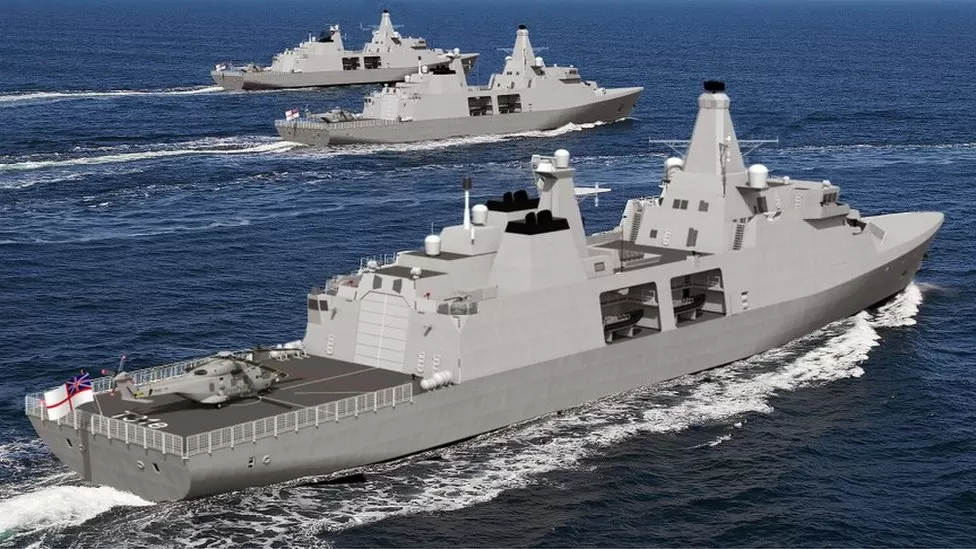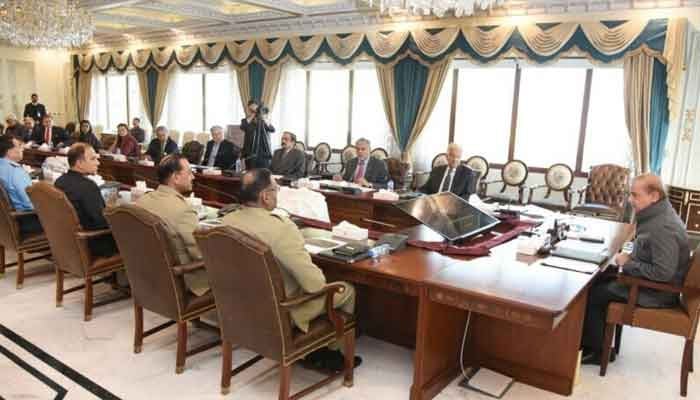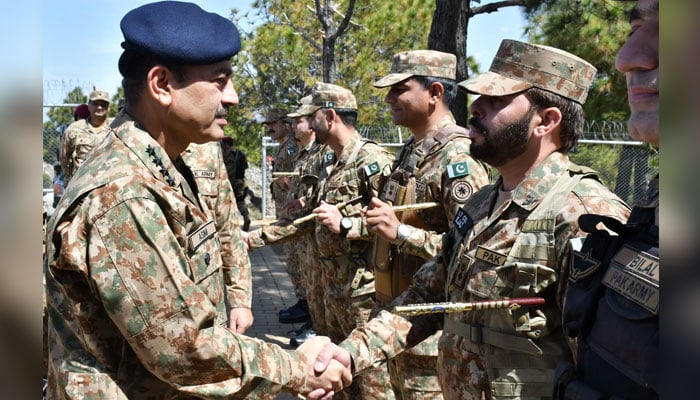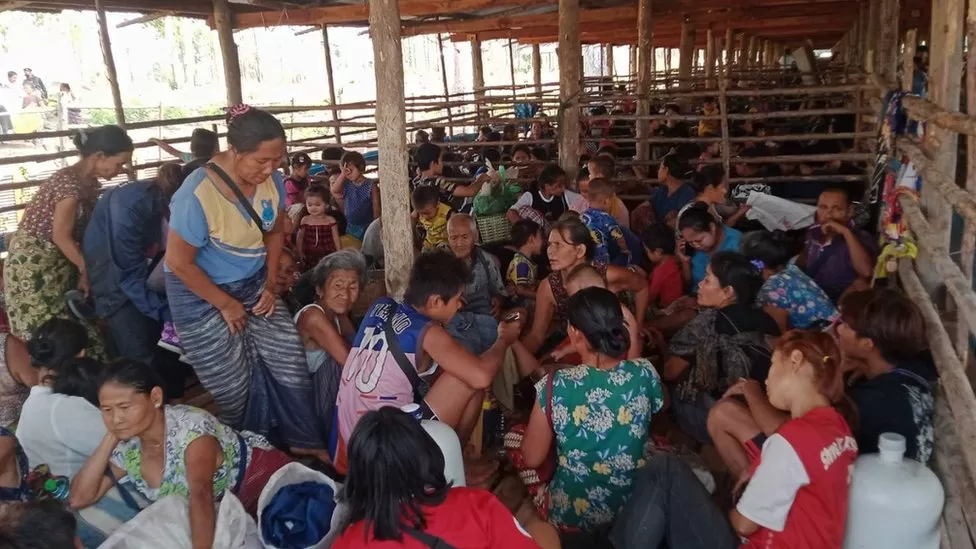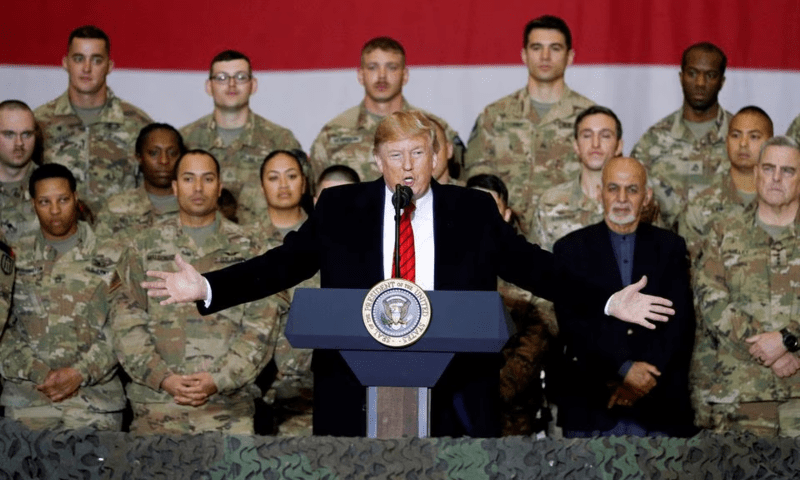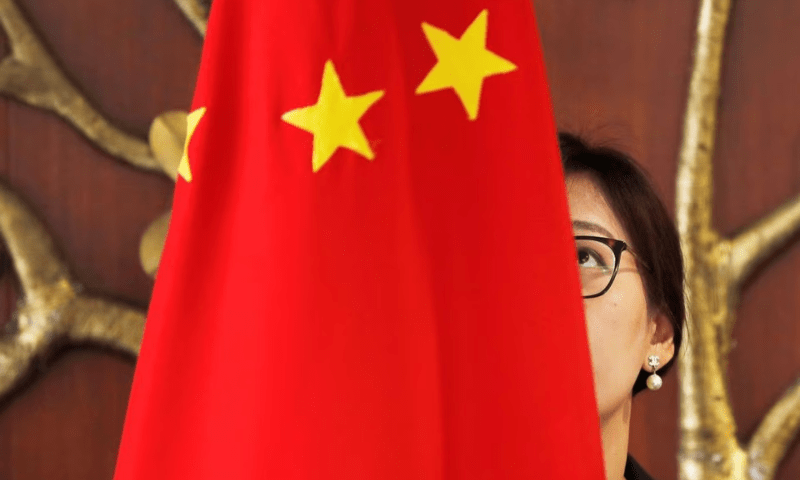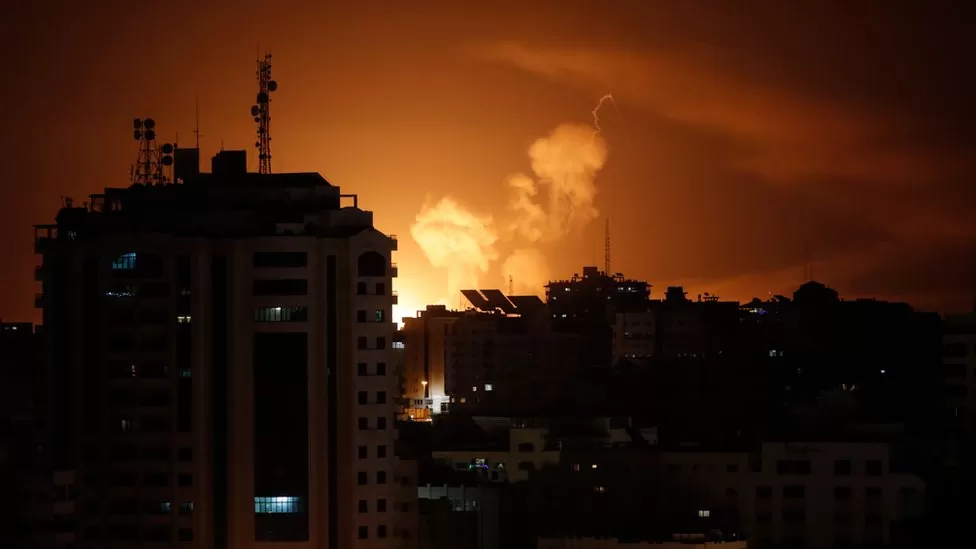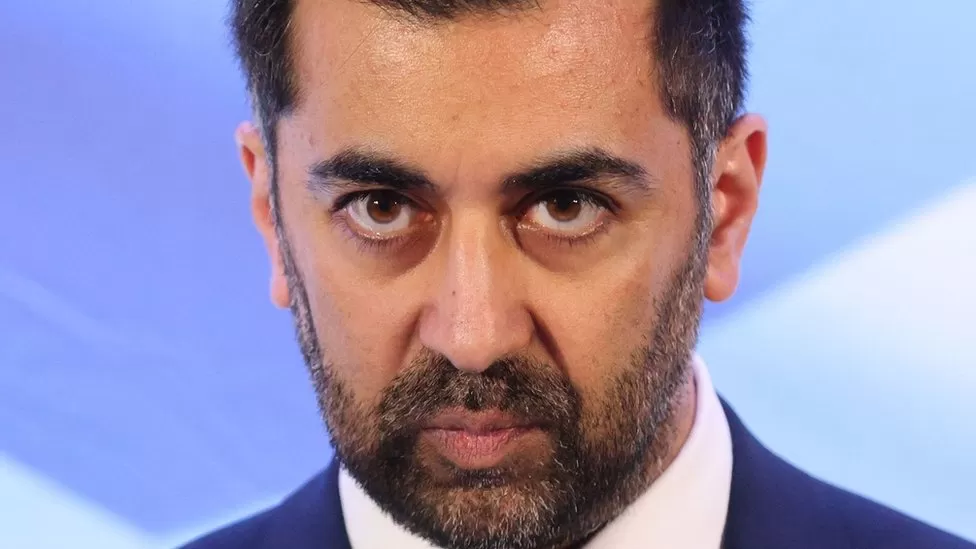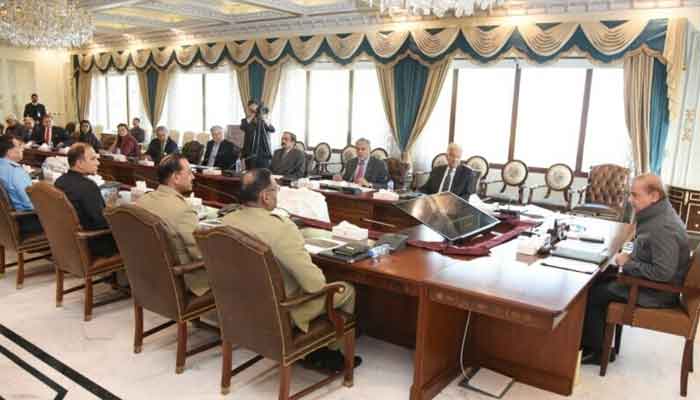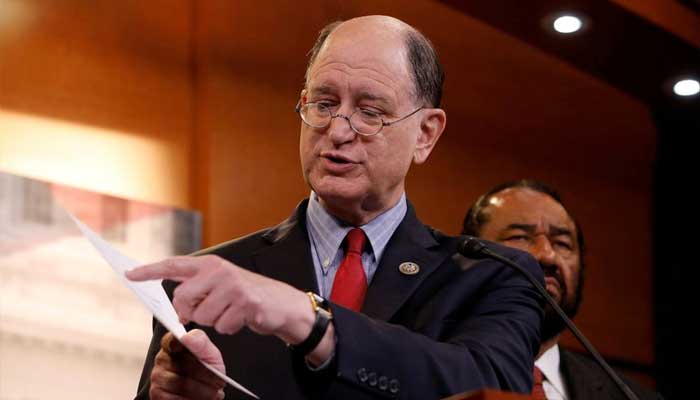ISLAMABAD: The National Security Committee (NSC) — the country’s top security body comprising civil and military leadership — decided on Friday to “speed up” the operation against terrorists
The two-hour long NSC meeting was chaired by Prime Minister Shehbaz Sharif. According to sources, the meeting was attended by Chief of Army Staff General Asim Munir, chairman joint chiefs of staff committee (CJCSC), heads of armed forces, federal ministers for defence, finance and information and senior military leadership.
According to sources, Director General of the Inter Services Intelligence (ISI) Lt Gen Nadeem Anjum gave a detailed briefing on the ongoing operations against terrorism and the security situation of the country.
Officials, privy to the meeting and who spoke to Geo News on the condition of anonymity, stated that NSC reiterated that the zero-tolerance policy against terrorists would continue.
Sources shared, that in two-hour long meeting, Finance Minister Ishaq Dar also briefed the NSC on the economic situation of the country.
The detailed statement on the NSC meeting is yet to be issued.
Interestingly, the meeting was held as the nation passes through serious economic and political crises compounded by the recent Supreme Court verdict on the Pakistan Tehreek-e-Insaf (PTI) petition challenging delay in elections in Khyber Pakhtunkhwa and Punjab.
The ruling coalition has firmly opposed the verdict which it believes is a minority verdict of 3-2 and should not be implemented.
NA resolution binds govt not to implement SC verdict
The meeting comes a day after the National Assembly passed a resolution rejecting the three-member Supreme Court bench’s “minority” verdict on the Punjab elections and made it binding on PM Shehbaz and his cabinet not to implement the decision.
The resolution moved by Balochistan Awami Party lawmaker Khalid Magsi was approved by a majority of the lawmakers.
It noted that the National Assembly on March 28 in a resolution had called on the Supreme Court to avoid “interfering” in political matters. It also observed that multiple sections of the society had repeatedly urged the apex court to form a full court bench but their calls were ignored and only one political party was heard in the case.
“Completely ignoring the clear resolution of the Parliament and the majority decision of the four judges of the Supreme Court, the three-member special bench enforced a minority opinion, which is a violation of the traditions, precedents and procedures of the Supreme Court,” noted the resolution. It added that a minority was imposed on the majority.
The resolution also expressed concerns over the Supreme Court’s circular setting aside the verdict of a three-member bench on suo motu cases. It also raised alarms over the formation of a controversial bench and its decision to quickly close the case that prompted Justice Qazi Faez Isa to suspend “suo motu” hearings.
The lower house of Parliament also aired fears over the “undue judicial interference in political matters”. It also pointed out that the “minority ruling” had given rise to political instability and paved the way for divisions in the federal units.
“This House considers the holding of general elections at the same time throughout the country as per the prevailing procedure mentioned in the constitution and law for political and economic stability in the country as the solution to all the problems,” noted the resolution.
The resolution also demanded the formation of a full court to review the “wrong interpretation” of Article 63-A.


